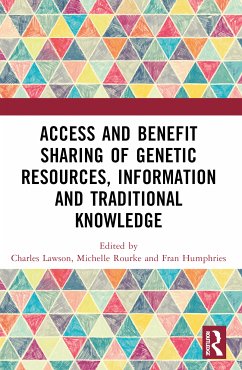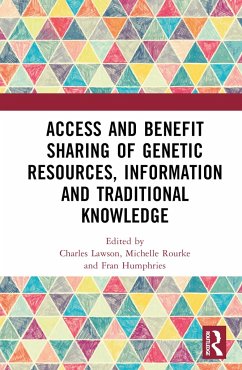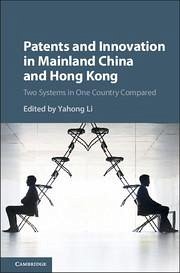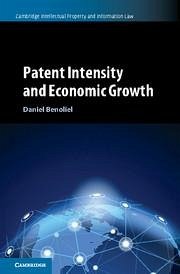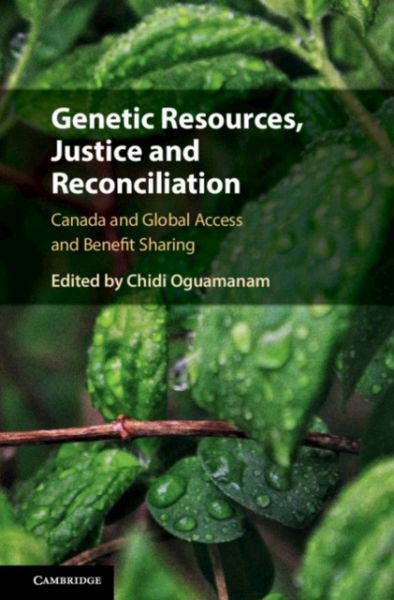
Genetic Resources, Justice and Reconciliation
Versandkostenfrei!
Versandfertig in über 4 Wochen
123,99 €
inkl. MwSt.
Weitere Ausgaben:

PAYBACK Punkte
62 °P sammeln!
This collection focuses on Indigenous perspectives on the sharing of traditional knowledge and the exploitation of genetic resources in Canada. This book is for public policy makers, Indigenous communities, environmental policymakers, lawyers, and researchers with a biodiversity, biotechnology, traditional knowledge, or climate change focus. This book is also available as Open Access.




